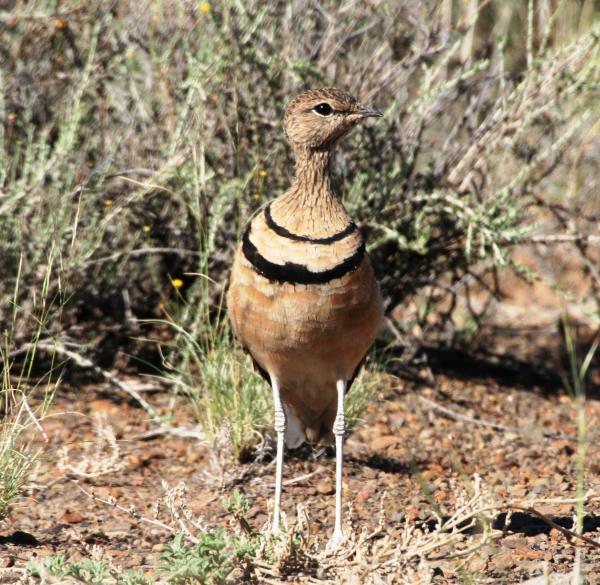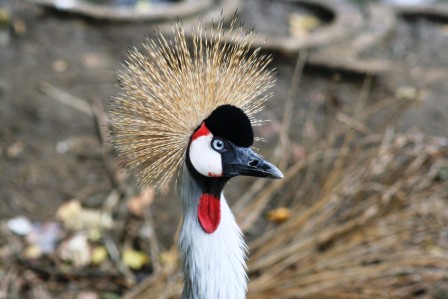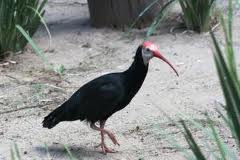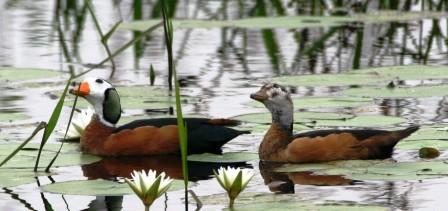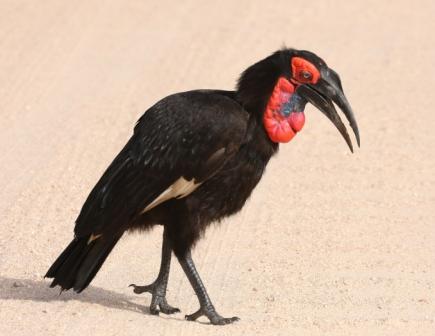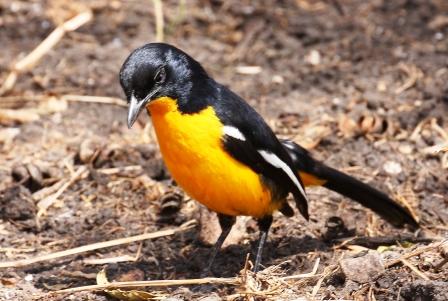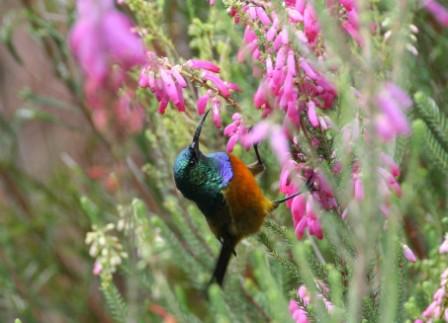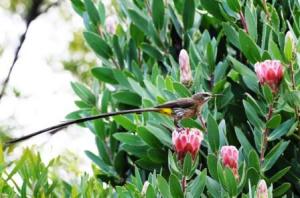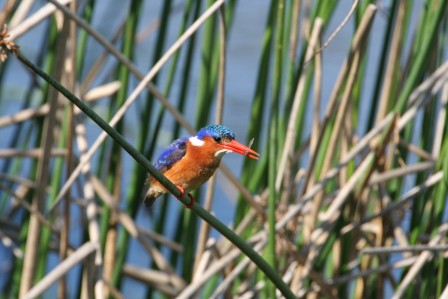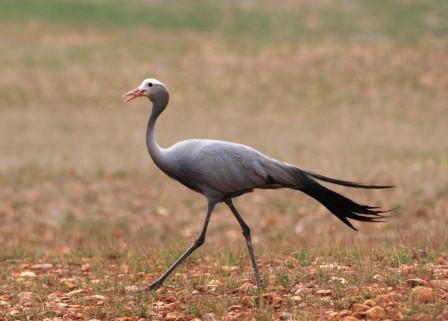|
|
JOIN OUR MAILING LIST |
|
Newsletter / Blog 2011-05-26 Threat to critically endangered Dwarf Olive Ibis by Hunters. The São Tomé Ibis (Bostrychia bocagei), or the Dwarf Olive Ibis, is a critically endangered bird that is endemic to Sao Tome' e Principe. The Dwarf Olive Ibis was thought to be a subspecies of the larger Olive Ibis (Bostrychia olivacea), but it is now classified as a distinct species. Reports from BirdLife Species Guardians on São Tomé – a small island nation in the Gulf of Guinea - indicate that hunting is increasing and includes the Critically Endangered Dwarf Olive Ibis Bostrychia bocagei. A group of hunters were found with more than 90 São Tomé Green Pigeons Treron sanctithomae and at one Dwarf Olive Ibis on 26 April 2011. BirdLife Species Guardians from Associação de Biólogos Santomenses (ABS, the BirdLife contact NGO in São Tomé and Príncipe) found the hunters whilst carrying out surveys in Monte Carmo in Obô Natural Park, one of the main strongholds for the ibis. The hunters had gained access through estate land under Agripalma concession to foreign (Socfinco) and São Tomé investors and intended for oil palm plantations covering an area of 5,000 ha. The area lies in the impoverished regions of southern of São Tomé (Ribeira Peixe and Porto Alegre) and to the north of Príncipe (Sundy). The Agripalma concession lies adjacent to the Monte Carmo forests of the Obô Natural Park and overlaps with the Natural Park’s buffer zone. BirdLife has previously expressed concerns that the development of the oil palm plantation at Ribeira Peixe would have significant adverse impacts on the forest biodiversity. Among the many impacts cited was an increased threat of hunting of threatened species owing to clearance of secondary forest that would lower bushmeat availability to local people. “Hunting of Dwarf Olive Ibis in Monte Carmo immediately following some forest clearance shows that BirdLife was justified in raising concerns about developing oil palm plantations at Ribeira Peixe,” said Dr Paulinus Ngeh, BirdLife’s West Africa Subregional Coordinator. “BirdLife and ABS have been in dialogue with the government and investors about these issues before, and we are looking forward to positive engagement in safeguarding the natural heritage of São Tomé. This is good for the company, for biodiversity, for the Santomean people and government, and the global community interested in conserving biodiversity”, continued Dr Paulinus Ngeh. “There is an urgent need for proper implementation of environmental laws in São Tomé and Príncipe. For example, in addition to regulating hunting activities, the laws that created the Obô Natural Park and made Environmental Impact Assessments compulsory need to be adhered to. This way, the current constraints to protecting the island’s rich biodiversity may be overcome” says Dr Ngeh. “We are extremely worried that the increasing hunting pressure and habitat destruction may already be driving the Dwarf Olive Ibis closer to extinction than ever before,” said Dr Julius Arinaitwe, the BirdLife Regional Director. “One likely approach to reducing the hunting pressure could be promoting access to cheaper alternative sources of animal protein hand-in-hand with making the local people realise other values of the species, including ecotourism benefits.” Since 2007, BirdLife’s Preventing Extinctions (PEP) Programme has been supporting ABS to undertake work on three Critically Endangered species including Dwarf Olive Ibis. The work comprises research and monitoring, training site-based guides, implementing conservation measures and promoting improved protection for the species and the forest habitat. The PEP Programme work in São Tomé has been with the support of the Species Champion, Peter Smith and the British Birdwatchinig Fair.
|
| Back | Back to top |
 |  | Cape Town Tourism 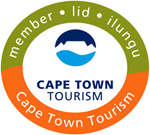 |
|||||||||||||

